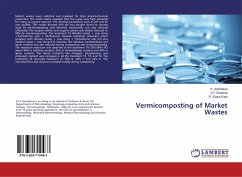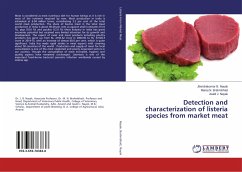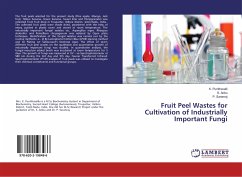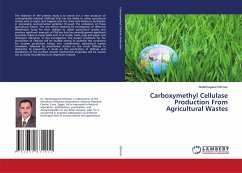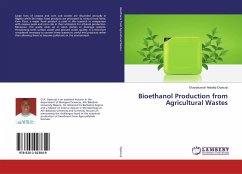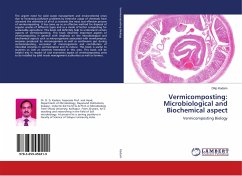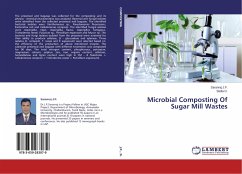Market wastes were collected and analyzed for their physico-chemical properties. The result clearly revealed that this waste was high potential for using as organic manure. The physical parameters such as pH and EC was studied. The results showed that pH was bought down to neutral state by vermicomposting and electrical conductivity was also reduced effectively. The organic matter and organic carbon was almost reduced to 60% by vermicomposting. The treatment T4 (Market waste + cow dung +Trichoderma resii + Earthworm) showed maximum reduction when compare with (Market waste + cow dung + Trichoderma resii (T3) and (Market waste + cow dung (T2). Likewise, the cellulose, hemicelluloses and lignin content was also reduced during composting and vermicomposting. The maximum reduction was observed in the treatment T4 (75% NPK+VC) about 60% in cellulose content, 55% in hemicelluloses content and 40% in lignin content. The macro nutrients like nitrogen, phosphorous and potassium content was increased in all the treatment T2, T3, and T4. The treatment T4 recorded maximum of 56% N, 46% P and 22% K. The microbial flora also showed increased initially during composting.
Bitte wählen Sie Ihr Anliegen aus.
Rechnungen
Retourenschein anfordern
Bestellstatus
Storno

